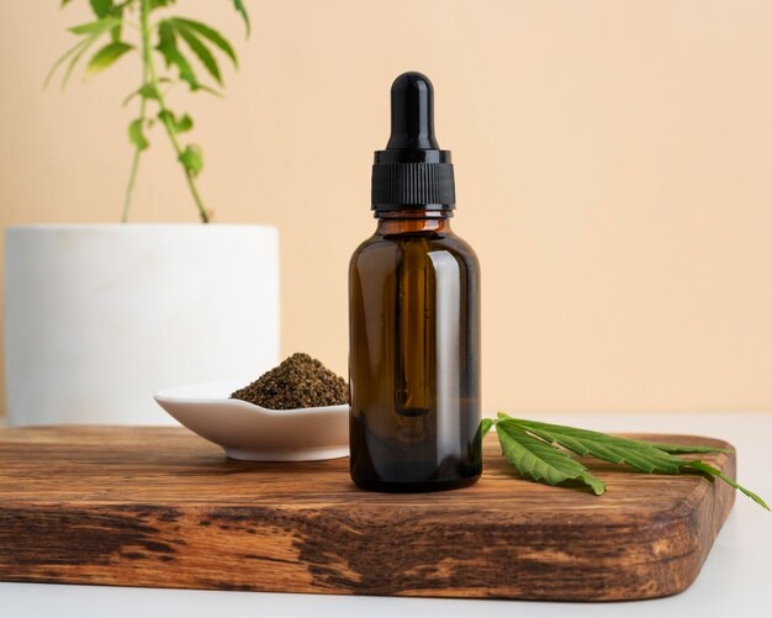CBD oil, or cannabidiol oil, is a natural remedy emanating from the cannabis plant. Unlike their psychoactive counterpart, THC and CBD do not cause a “high” sensation. That plays a crucial role in regulating the various physiological functions.
CBD oil typically comes in a dropper bottle for sublingual administration. This also involving into placing the few drops under the tongue and holding it there for about 60-90 seconds before swallowing. This method allows for quick absorption into the bloodstream, providing faster relief for conditions such as anxiety, pain, and inflammation.
Additionally, CBD oil can be added to food or beverages, offering a discreet and convenient way to incorporate it into one’s routine. The dosage can also vary based on different factors like body weight, individual body tolerance, and the specific health issue being addressed. It’s advisable to start with a low dose and gradually increase as needed.
Research suggests CBD may also offer potential benefits for a range of conditions, including epilepsy, chronic pain, and anxiety. However, it’s essential to consult with a healthcare professional before adding CBD to your health wellness regimen. Especially if you are taking other medications.
Have A Look :-
- 6 Health Benefits Of Hemp Seeds
- CBD For Cancer: Possible Benefits, Side Effects
- What Do You Need To Know About CBD For Kids


